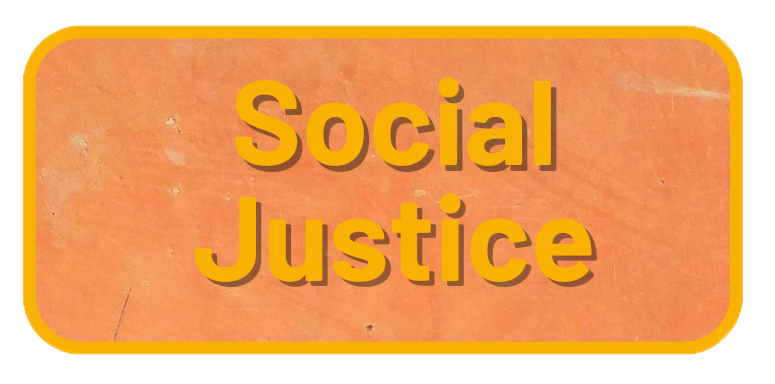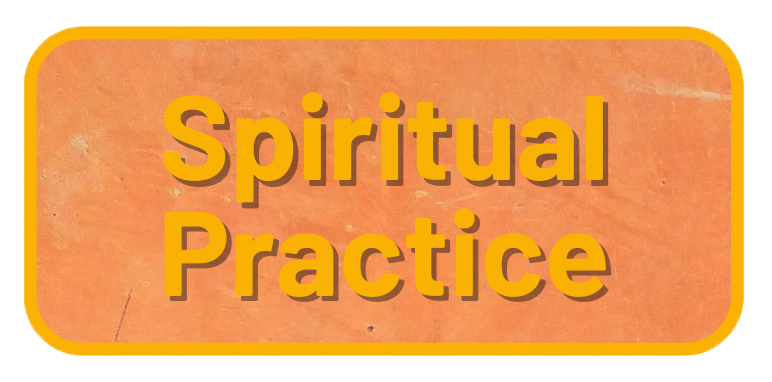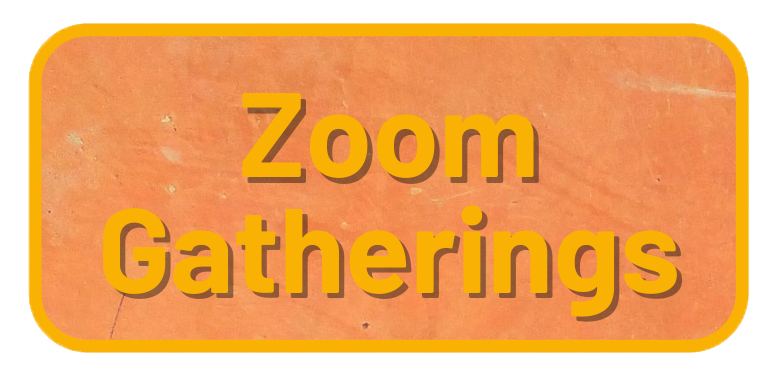Elul Unbound 2020: Stories
Each Tuesday of Elul (beginning August 25th, 2020) we will be sending out a story that connects to our weekly Elul theme. Check out stories that we’ve sent out in past years below!
Week 1: Time is an Illusion + Writing Exercise (August 25th, 2020)
For week one, we are focusing our attention on this Psychology Today article, Why Time is an Illusion. Take a moment and read about Joseph Mazur’s new book, The Clock Mirage: Our Myth of Measured Time. Then, explore your own understanding of time in this strange plague-year when time seems to expand, contract, and fold in on itself with a writing prompt from our dear friends at New Voices Magazine.
Writing prompt: "As a Jew in the pandemic, I..."
How to do this exercise: Set a timer for 8 minutes and free-write using the prompt above the image; try not to self-edit! That means no crossing-out or stopping. There will be another writing prompt each week of Elul Unbound!
Week 2: September 1, 2020
Today, we have two very different texts to dive into. The first is the beloved children's book, Baxter, The Pig Who Wanted To Be Kosher by Laurel Snyder, written by David Goldin. The second is a poem by the 14th century Persian poet, Hafiz, entitled “Now is The Time.”
Now Is The Time
Baxter, The Pig Who Wanted To Be Kosher
Questions for Reflection:
1. On Baxter, The Pig Who Wanted To Be Kosher
How might you use the themes from this story to enhance your holidays or your own everyday Jewish life? Do you make assumptions about who will or will not want to be included?
2. On “Now Is The Time”
How would you define the word “sacred” as it’s used here? Does this use of the word resonate with you? Why or why not?
Question by Yael Kiken for At The Well
Now is the time to know
That all that you do is sacred.
Now, why not consider
A lasting truce with yourself and God.
Now is the time to understand
That all your ideas of right and wrong
Were just a child's training wheels
To be laid aside
When you can finally live
With veracity
And love.
Hafiz is a divine envoy
Whom the Beloved
Has written a holy message upon.
My dear, please tell me,
Why do you still
Throw sticks at your heart
And God?
What is it in that sweet voice inside
That incites you to fear?
Now is the time for the world to know
That every thought and action is sacred
This is the time
For you to deeply compute the impossibility
That there is anything
But Grace.
Now is the season to know
That everything you do
Is sacred.
Writing Prompt: “I feel holiness when I….”
How to do this exercise: Set a timer for 8 minutes and free-write using the prompt above the image; try not to self-edit! That means no crossing-out or stopping.
Week 3: September 8th, 2020
Today, we have a traditional text to dive into — two paragraphs of the Shema! We have translated the prayer in a very specific manner, with a focus on pronouns. We would like you to dive into this prayer, focusing on the pronouns that you find in each segment. Throughout, ask yourself, why exactly would Elul Unbound be featuring this prayer -- particularly within a week of Elul Unbound focused on balancing the "I" work of introspection and the "We" work of restorative justice?
Harold, in the 1990s animated show Hey Arnold!, chanted from the Torah for millions of children to hear. The text he chanted? The paragraph to the left.
Paragraph 1: Every You in this first paragraph of Shema (Deuteronomy 6:5-9) is You-singular – not You-plural (y’all). The You in this paragraph is addressed to individuals, not to a collective group.
“You will love the Eternal your God with all your heart and with all your soul and with all your oomph. And these words that I command to you this day will be upon your heart. And you will teach them to your children. And you will recite them – in your sitting at your house and in your walking on the road. And in your lying-down and your standing-up. And you will bind them [the words] as a sign on your hand, and they will be symbols between your eyes. And you will write them on the doorposts of your house, and on your gates.”
Paragraph 2: Most (though not all) of the Yous in this second paragraph of Shema (Deuteronomy 11 13:21) are You-plural (Y’all), not You-singular. The You/Y’all here is being addressed to a collective group, not to individuals.
“And it will be, then, if y’all completely listen to the commandments that I enjoin upon y’all today – loving the Eternal, y’all’s God, and serving God with all y’all’s heart and y’all’s soul – that I’ll give rain for y’all’s land in its time – the early rain and the late. And you will gather your grain and your wine and your oil. And I will grant grass to your field for your cattle – you will eat and you will be satisfied. Guard yourselves lest y’all’s heart turn and y’all serve other Gods, bowing down to them. Because then the wrath of the Eternal will flare up at y’all, leading God to stop up the skies, and there will be no rain. And the earth will not grant any produce. And y’all will be wiped out, quickly, from upon the good land that the Eternal gives to y’all. All of you – place these words of mine on y’all’s heart and on y’all’s soul. Y’all will bind them [these words] as a sign on y’all’s hand, and they will be symbols between y’all’s eyes. And y’all will instruct them to y’all’s children, talking of them in your sittings in your house, and your walkings on the road, and in your lyings-down and your standings-up. And you will write them on the doorposts of your house, and on your gates. In order that y’all’s days – and the days of y’alls children – will be many, upon the earth that the Eternal swore y’all’s ancestors – to give it to them, as long as there is a heaven over the earth.”
Questions for Reflection:
Many of the words in these two paragraphs are repeated. Occasionally, entire sentences are repeated, with the first case addressed to individuals (you-singular), and the second to a collective community (y’all). Why might this be? What could be the intention of this juxtaposition?
Does one paragraph resonate deeper for you? Why or why not?
(An Activity): Set a timer for 8 minutes and free-write using the following prompt (try not to self-edit — that means no crossing-out or stopping):
“I wish we would collectively do teshuva (societal repentance) for…
Week 4 (September 15, 2020): Shmita - Radical resting
Today's story is an Eli Talk by Aharon Ariel Lavi in which he proposes how we can use the Shmita or sabbatical year to inform our economies and personal lives. Shmita has a lot of aspects, but at its core, it's an agricultural cycle, where every seven years all the fields of Israel are allowed to grow fallow. Harvesting stops, debts are erased, private land is made open to all and the fruit of the land is redistributed across society.
Take some time (this video is about 14 minutes long) and listen to Lavi's thoughts on the transformative potential of Shmita.
p.s. Want some textual references for this video? Of course, there's a Sefaria Source Sheet for that.
p.p.s. Shmita is only a year away! The next sabbatical year will be 5782 or 2021/2.


















